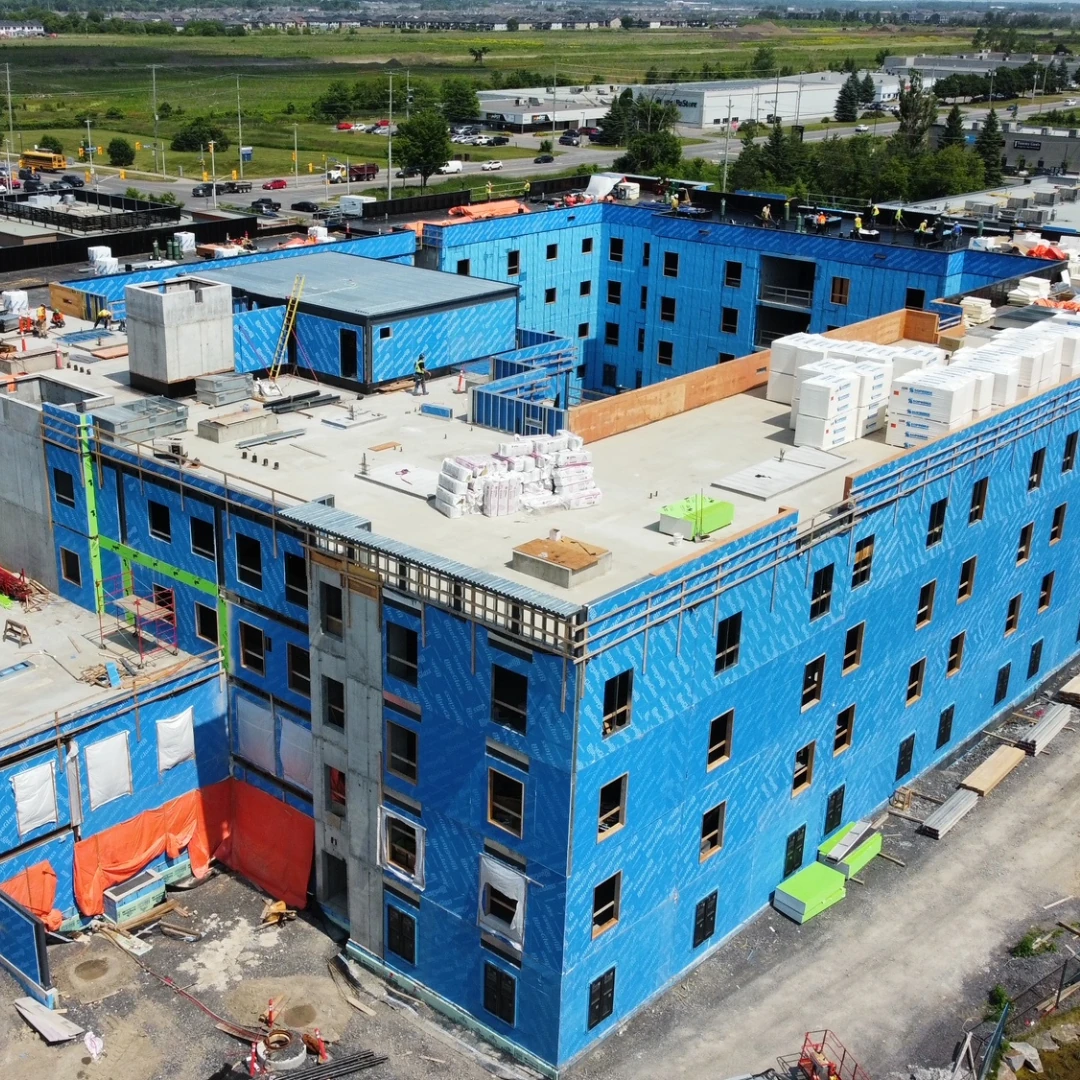As climate change becomes an increasingly prominent challenge, the construction industry must adapt and innovate to contribute to the creation of a more resilient built environment. One such innovation is the use of prefabricated wall panels. Here, we will explore the importance of this construction method in creating resilient infrastructure.
The Growing Demand for Resilience in Construction
Due to the increasing frequency and intensity of climate-related disasters, there is a growing demand for more resilient buildings that can withstand extreme weather events and help mitigate climate change.
In response, construction methods must evolve to meet these needs. By incorporating climate considerations into the design and construction of buildings, we can significantly reduce the potential for damage and increase the lifespan of structures.
Prefabricated Wall Panels: A Sustainable Choice
Prefabricated wall panels are a standout solution in the quest for resilient construction. These panels are assembled in a controlled environment before being transported to the construction site for installation, resulting in reduced construction time and minimized waste.
But the benefits go beyond efficiency. Prefabricated wall panels can also contribute to the resilience of buildings in several ways.
Energy Efficiency and Thermal Insulation
Prefabricated wall panels are often designed with superior insulation and airtightness compared to traditional construction methods. This not only reduces energy consumption for heating and cooling but also helps maintain comfortable indoor temperatures during extreme weather events, contributing to the overall resilience of the building.
Quality and Durability
The controlled environment in which prefabricated wall panels are made allows for enhanced quality control, resulting in components that are consistently high-quality and durable. This durability can help buildings withstand the rigors of extreme weather events, reducing potential damage and maintenance needs.
Flexibility and Adaptability
Prefabricated wall panels offer a degree of flexibility and adaptability. If climate change necessitates changes to a building’s design, prefabricated components can often be adjusted or replaced more easily than traditionally constructed walls.
Reducing Carbon Emissions
Prefabrication is not just about building resilience into structures; it’s also about reducing the construction industry’s environmental impact. As prefabricated wall panels require less on-site labor and result in less waste, they can help reduce the carbon emissions associated with the construction process.
Conclusion: Embracing Resilience Through Prefabrication
With the mounting challenges of climate change, embracing resilience in construction is becoming increasingly crucial. Prefabricated wall panels offer an innovative solution, helping to create buildings that are not only more energy-efficient and durable but also more adaptable to our changing climate.
As the construction industry continues to innovate and adapt to the changing climate, the use of prefabricated wall panels is set to become even more prevalent. By embracing this approach, we can make significant strides towards a more resilient and sustainable built environment.
At RGZ Cambridge, we understand the importance of resilience and sustainability in today’s construction landscape. For all your prefabricated wall panel needs, contact us today. Our commitment to excellence ensures that we deliver only the best quality, from residential projects to large commercial ventures.



